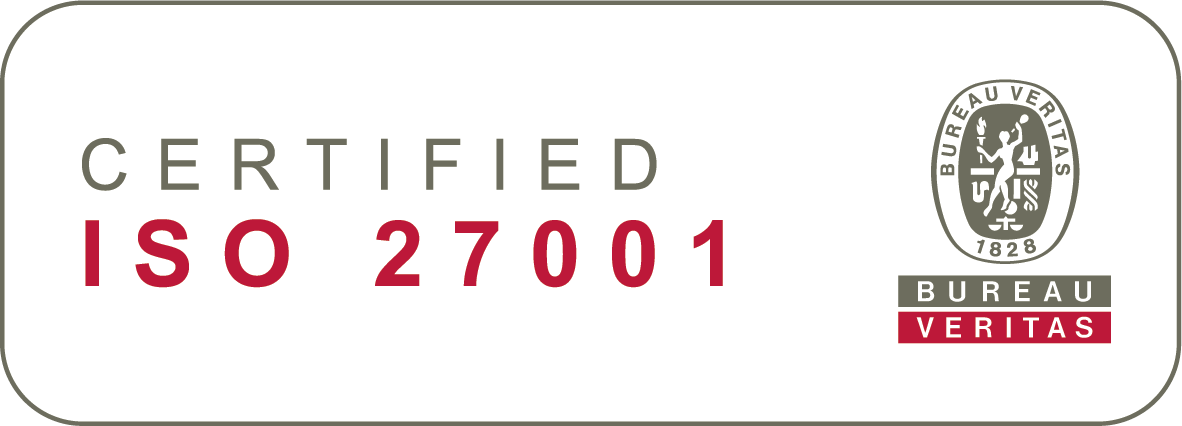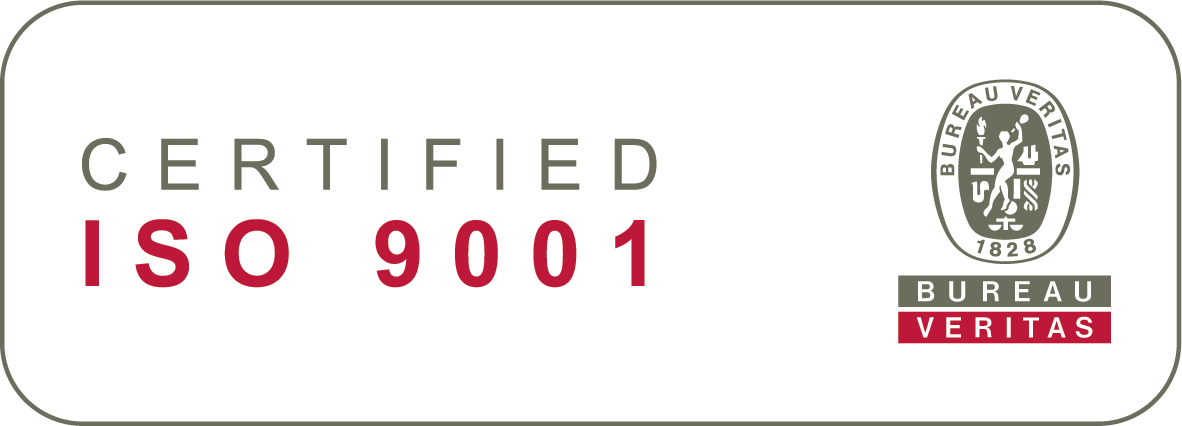What is a Human Resource Information System (HRIS)?
What does HRIS mean in Human Resources?
As a digital solution for streamlining HR processes, a human resource information system (HRIS) centralises employee data and automates HR functions as the backbone of these operations for efficient task management (e.g., recruitment, payroll, performance, and compliance).
Companies need a structured, secure, and efficient way to manage their workforce in fast-paced, data-driven work environs. Enter HRIS software like Sympa, which eliminates manual HR tasks, reduces administrative headaches, boosts decision-making, and ensures compliance with labour laws and data protection regulations (e.g., GDPR).
Why are companies ripe for an HRIS?
HRIS implementation comes preloaded with numerous benefits including:
- Centralised Data Management: Stores all HR-related data in one place for improved accessibility and less data duplication
- Improved Efficiency: Automates repetitive tasks like payroll processing, time tracking, and employee record updates
- Compliance and Security: Ensures data protection and adherence to legal regulations (e.g., GDPR) thanks to encryption, access controls, and audit logs
- Better Decision-Making: Helps HR professionals make data-driven decisions with real-time analytics and reporting
- Enhanced Employee Experience: Offers self-service portals to update information, access payslips, and request leave
Key HRIS components
A fully functional HRIS comprises multiple human resource management modules, some typical components including:
- An employee database
A core feature of any HRIS, this stores key personal/professional details such as:
- Name, contact details, and address
- Job title, department, and manager
- Employment history and contract details
- Work permits and compliance documents
- Recruitment and applicant tracking (ATS)
This module helps HR teams manage hiring by:
- Posting job vacancies across multiple platforms
- Tracking applicants and managing CVs
- Scheduling interviews and assessments
- Streamlining thenew hireonboarding process
- Payroll and compensation management
HRIS systems simplify salary administration by automating:
- Payroll calculations and deductions
- Tax and benefits compliance
- Direct salary deposits
- Payslip generation and distribution
- Time and attendance management
This feature helps organisations track employee hours, absences, and overtime via:
- Digital clock-in and clock-out systems
- Integration with biometric scanners/mobile apps
- Automated leave and absence tracking
- Overtime calculation and approvals
- Performance management
A robust HRIS includes employee performance tracking tools that loop in:
- Goal setting and performance reviews
- 360-degree feedback and self-assessments
- KPItracking
- Career development planning
- Learning and development
To support employee growth, HRIS systems often include:
- Training course management
- Certification tracking
- E-learning integration
- Skill gap analysis
- An employee self-service portal
A modern HRIS helps employees:
- View and updatepersonal details
- Access payslips and tax documents
- Request time off and view leave balances
- Enrol in training and track progress
- Compliance and legal management
An HRIS helps businesses stay compliant with labour laws/industry regulations by:
- Storing legal contracts and employee agreements
- Tracking visa and work permitexpirationdates
- Monitoring compliance trainingcompletion
- Ensuring GDPR complianceviasecure data storage
- Reporting and analytics
HRIS software includes powerful analytics tools to generate reports spanning:
- Workforce demographics and turnover rates
- Payroll costs and budget forecasts
- Performance trends and productivity metrics
- Diversity and inclusion initiatives
Wrapping up
Modern businesses—specifically HR departments—benefit from human resource information (HRIS) systems that make workforce management that much more efficient with compliance and security in mind. Boasting modules covering recruitment, payroll, time tracking, performance management, and legal compliance, an HRIS improves decision-making, reduces administrative work, and makes the employee experience that much better. In adopting a comprehensive HRIS, organisations can boost productivity, streamline HR processes, and build a data-driven HR strategy for long-term success.


